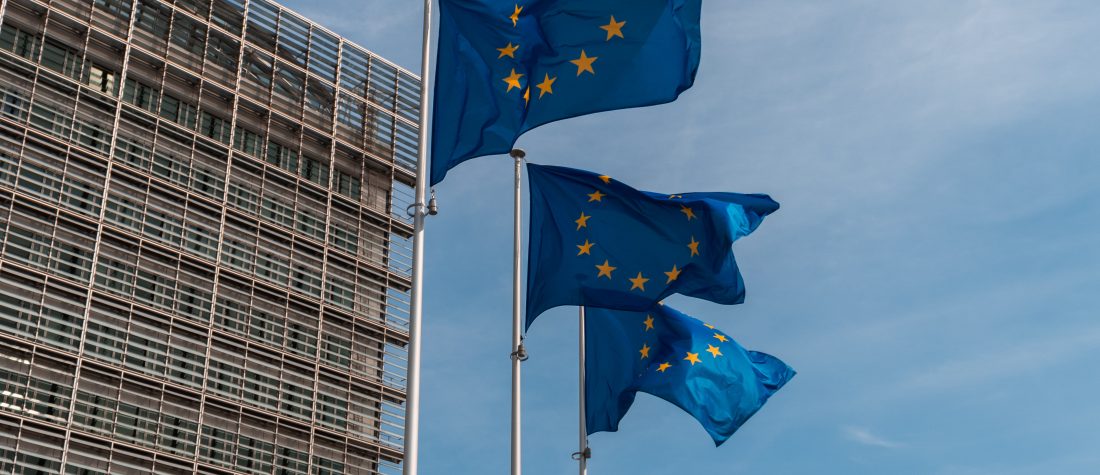Hundreds of Malaysian farmers this week gathered in Kuala Lumpur to protest against the EU’s ‘Deforestation Regulation’. Banners including “No to EU” and “EU is Selfish” were unfurled as the farmers presented a petition to the EU Ambassador, Michalis Rokas.
The protest is the latest in a string of efforts in the southeast Asian nation aimed squarely at the regulation because it explicitly identifies palm oil and rubber (among others) as commodities that are a risk for deforestation. Palm oil and rubber are both major exports for Malaysia, with around 2.5 million small farmers in the country involved in complex supply chains that end up exporting the commodities around the world.
Senior politicians, including the Deputy Prime Minister Fadillah Yusof, have openly criticised the EU’s approach to palm oil under the Regulation. In a speech to the Malaysian Parliament in early March, Fadillah said “Malaysia will continue to demonstrate its objections to the [ EU Deforestation Regulation] and will communicate a strong message to the EU”. Fadillah explicitly demanded that small farmers be exempted from the Regulation, that Malaysia should be excluded from a proposed ‘high risk’ category, and that the Malaysian Government’s certification standard for palm oil should be accepted under the Regulation.
The flurry of activity has sparked action from Rokas, the EU Ambassador. Shortly after meeting the leaders of this week’s protest, he posted on Twitter “I listened carefully to their concerns and assured to convey them to EU HQ”.
The Deforestation Regulation is focused on commodities produced almost exclusively in the developing world – including palm oil, rubber, coffee, cocoa, soy and timber – and as a result has also drawn physical and rhetorical protests from far beyond Malaysia. Fourteen developing nations, from sub-Saharan Africa, south Asia, Latin America, and southeast Asia authored a joint letter last year to the Commission highlighting concerns that the requirements will leave their rural communities unable to participate in supply chains leading to Europe, as only large corporations have the money and the technical ability to demonstrate that they meet the new EU rules.
The letter claims that the Regulation “disregards the local conditions and national legislations of developing producing countries, their efforts to fight deforestation, and recalling the principle of common but differentiated responsibilities, also [disregards] the EU’s own historical role in deforestation activities and climate change”.
The controversy looks unlikely to die down. The European Parliament is expected to shortly confirm the text negotiated in the trilogues last December, and the 18-month implementation period means companies and supply chain will need to quickly adapt. Malaysia and Indonesia have announced a joint mission to Brussels led by Deputy Prime Minister Fadillah and Indonesia’s Coordinating Minister for Economic Affairs, Airlangga Hartarto – opening the possibility of a broader campaign by the two palm oil producers against the EU’s approach to regulating palm oil and other commodities.
Others could also be waiting in the wings. The end of Brazilian President Jair Bolsonaro’s term has led to improved relations with Brussels, especially over the thorny issue of Amazon deforestation. However, his successor President Luiz Inácio Lula da Silva will not be able to ignore his domestic soybean and cattle industries, both of which are likely to view the EU’s restrictions with the same scepticism demonstrated by the palm oil farmers on the other side of the world.


